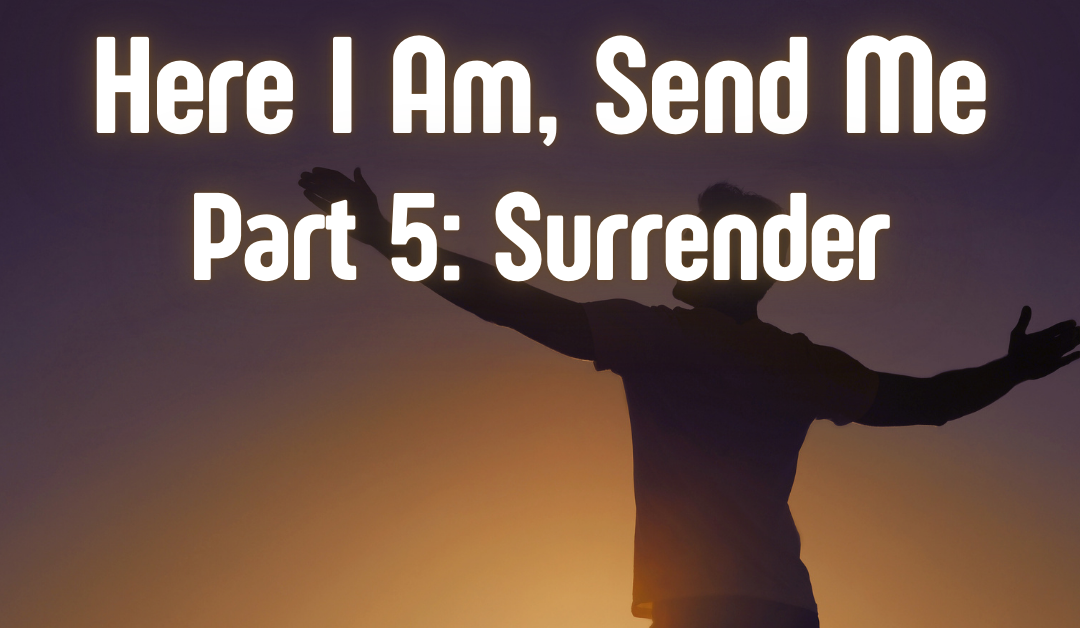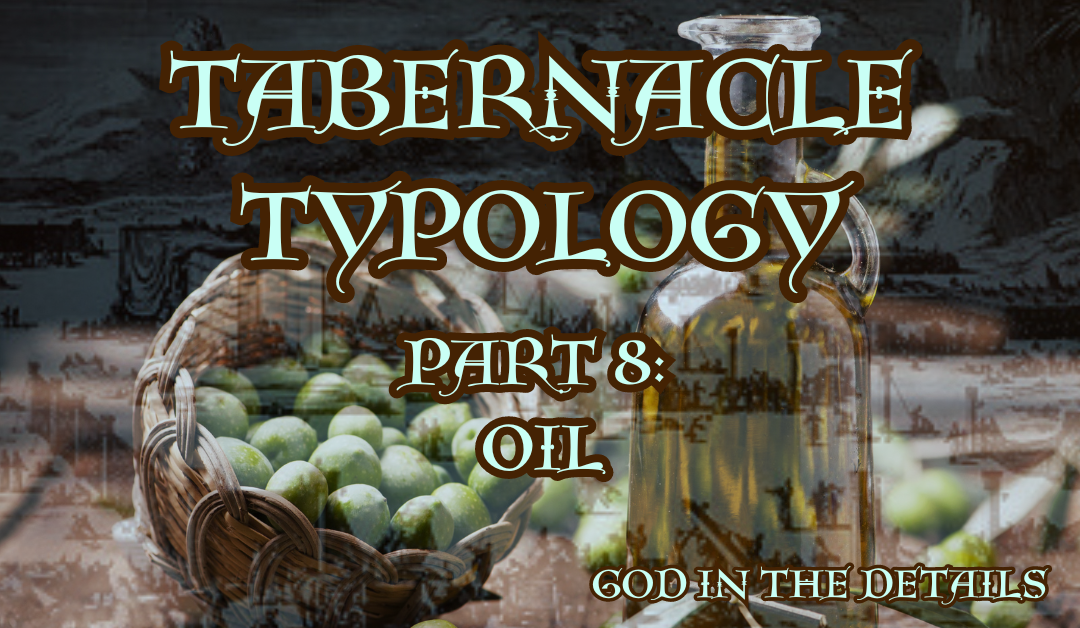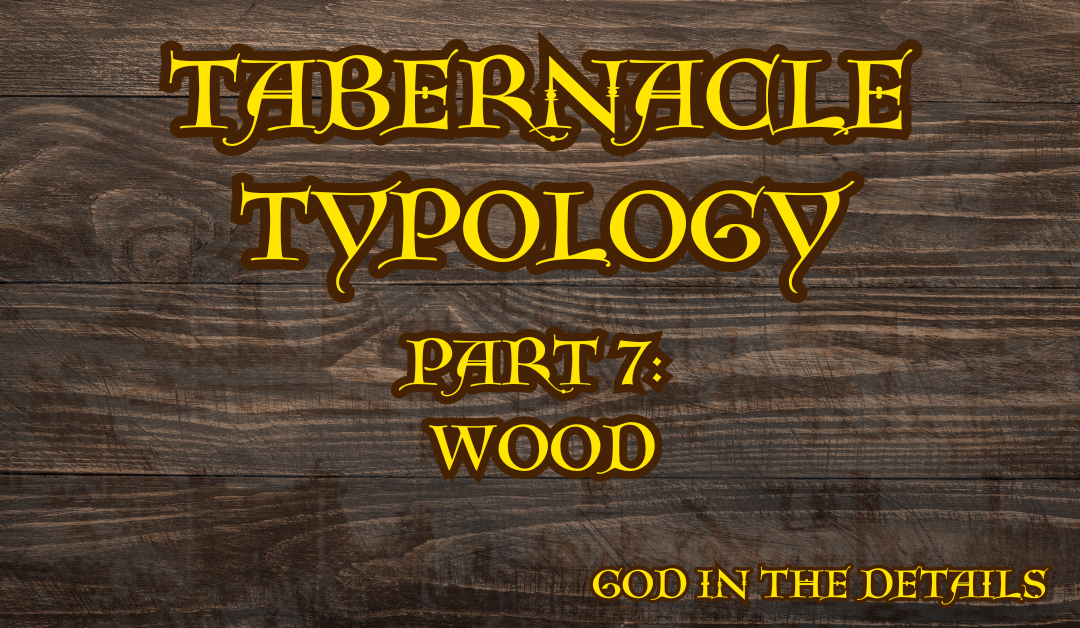More than seven hundred years before the birth of Christ, there was a man named Isaiah, his name meaning ‘Salvation of Jehovah’. He wrote of the coming King, the Christ – our Lord Jesus, and he wrote as if he knew Him personally.
Historians are of the opinion that Isaiah might have been a part of the royal family – that he was related to the four kings he served during his lifetime (Uzziah, Jothan, Ahaz and Hezekiah). This would explain the easy access he had to them.
Another, more specific, tradition has it that his father was closely related to a king. His father was Amoz and could’ve been the brother of King Amaziah (the father of Uzziah).
Isaiah was definitely a well educated man, as his eloquent use of language indicates, and he probably came from a wealthy family.
His ministry began in the year that King Uzziah died, 740 B.C. and twenty years before the nation of Assyria destroyed the northern Jewish nation in Israel and a hundred and fifty years (estimate) before Babylon invaded his homeland of Judah.
I would like to take you to the sixth chapter of the book of Isaiah.
We read here:
1It was in the year King Uzziah died that I saw the Lord. He was sitting on a lofty throne, and the train of his robe filled the Temple. 2Attending him were mighty seraphim, each having six wings. With two wings they covered their faces, with two they covered their feet, and with two they flew. 3They were calling out to each other, “Holy, holy, holy is the Lord of Heaven’s Armies! The whole earth is filled with his glory!”
The Lord appears unto Isaiah on a high and exalted throne – the King of Kings appears unto His servant, and His train fills the Temple. His presence fills the place as the Seraphim cry – Holy, holy, holy! As they rejoice and praise the Lord.
4Their voices shook the Temple to its foundations, and the entire building was filled with smoke.
The presence of the Lord is so intense that the very room they are standing in is shaken – the entire building filled with smoke. What an awesome experience that must have been – imagine the awe and wonder that must have struck the prophet!
5Then I said, “It’s all over! I am doomed, for I am a sinful man. I have filthy lips, and I live among a people with filthy lips. Yet I have seen the King, the Lord of Heaven’s Armies.”
Isaiah, however, is dismayed rather than overjoyed – he cries out, sorrowfully – I am doomed! He becomes aware, in the Holiness that is the Presence of the Most High, that he is a sinner, a sinful man. The fact that he is seeing the King, the Lord of Hosts is a sure sign to him that death will surely follow.
In a sense he is right. This encounter with God would render him, in a sense, dead to the world. Aware of his shame and despair, God and His heavenly host reacts.
6Then one of the seraphim flew to me with a burning coal he had taken from the altar with a pair of tongs. 7 He touched my lips with it and said, “See, this coal has touched your lips. Now your guilt is removed, and your sins are forgiven.”
God makes it clear to him that his sins have been absolved, through His servant He works salvation and Isaiah can stand there redeemed.
It is after this, and after this only, that God asks the question that would forever change Isaiah’s life.
8Then I heard the Lord asking, “Whom should I send as a messenger to this people? Who will go for us?”
And Isaiah answers: “Here I am. Send me.”
In reading this we become aware of one fact and that is Isaiah’s thankfulness and gratitude – he has been saved from his own wickedness – he has been announced free of the burden of sin, and now has one desire. He wants to serve the Lord.
He cries out – Lord, here I am! Hear me, see me, I want to serve You! Send me!
He doesn’t do it because of a sense of duty or obligation, but because it is his heart’s desire to serve God.
It is here that the Lord appoints Isaiah as a prophet.
Often we do things because we feel obligated – in a sense, forced – to do it. It’s as if God has saved us and now we HAVE TO do something. This mentality is the wrong mentality.
Quite a few years ago I went to Godly Revolution, which was a huge , annual Christian music event at Gallagher Convention Centre in Midrand, Johannesburg. One of the performers was former Tree63 frontman John Ellis. He ended their session with a petition for us to express our thanksgiving to God, to spend a few moments just being grateful for what He has done. He then broke into song singing ‘Look what You’ve done.’
One line sticks with me and replays itself in my head again and again. He sang – ‘The question is not, Jesus, what You can do for me, but what can I do for You, my Lord!”
What struck me the most is the emotion and sincerity with which he sang these words. He was definitely not fraudulent in his thanksgiving.
It all concluded with the entire crowd of thousands of young people singing, shouting and crying out the lyrics of ‘Amazing Grace’.
Isaiah cries out – Lord, look what You’ve done for me! Here I am, send me! It is my desire to serve You!
Nothing we can do can measure up against what Jesus had done for us. We can’t impress God, but we can serve Him and make an impression, for His sake, on the lives of others.
Let the fire burn in your heart – this is the road to revival.
The Bible doesn’t tell us much about Isaiah’s death, but the author of Hebrews, writing about Old Testament heroes, writes concerning the prophets:
37 They were stoned, they were sawn asunder, were tempted, were slain with the sword: they wandered about in sheepskins and goatskins; being destitute, afflicted, tormented; (Hebrews 11:37)
In an ancient manuscript entitled The Martyrdom and Ascension of Isaiah written in the first Christian century, or even earlier, by a Jew who lived in what is now Israel we read about the prophet’s cruel execution.
In the second chapter of The Martyrdom and Ascension of Isaiah we read:
7And when Isaiah the son of Amoz saw the lawlessness which was being perpetratcd in Jerusalem and the worship of Satan and his wantonness, 8he withdrew from Jerusalem and settled in Bethlehem of Judah. And there also there was much lawlessness, 9 and withdrawing from Bethlehem he settled on a mountain in a desert place. [And Micaiah the prophet, and the aged Ananias, and Joel and Habakkuk, and his son Josab, and many of the faithful who believed in the ascension into heaven, withdrew and settled on the mountain.]10 They were all clothed with garments of hair, and they were all prophets. And they had nothing with them but were naked, and they all lamented with a great lamentation because of the going astray of Israel.11 And these eat nothing save wild herbs which they gathered on the mountains, and having cooked them, they lived thereon together with Isaiah the prophet.
This is striking similar to the events recorded in Hebrews.
The book continues, in the third chapter:
7And Belchlra accused Isaiah and the prophets who were with him, saying: ‘Isaiah and those who are with him prophesy against Jerusalem and against the cities of Judah that they shall be laid waste and (against the children of Judah and) Benjamin also that they shall go into captivity, and also against thee, O lord the king, that thou shalt go (bound) with hooks 8 and iron chains’: But they prophesy falsely against Israel and Judah. And Isaiah himself hath 9 said: ‘I see more than Moses the prophet.’ But Moses said: ‘No man can see God and live’: 10 and Isaiah hath said: ‘I have seen God and behold I live.’ Know, therefore, O king, that he is lying. And Jerusalem also he hath called Sodom, and the princes of Judah and Jerusalem he hath declared to be the people of Gomorrah. And he brought many accusations against Isaiah…
Imagine the sorrow in Isaiah’s heart as he declared what God had impressed upon him, concerning the fate of his people – imagine the sorrow with which he shared this news!
Here these false prophets come and speak out against Isaiah making him out to be a charlatan rebel – an errant fraud!
These accusations would lead to his execution as an enemy of the people.
During his execution – by wood-saw – his accuser talked to him but received no answer, for the text explains that the prophet was absorbed in a vision of the Lord.
This book ends with these words:
And when Isaiah was being sawn in sunder, he neither cried aloud nor wept, but his lips spake with the Holy Spirit until he was sawn in twain. (The Martyrdom and Ascension of Isaiah 5:14)
Although the source is unverified and not a part of our Biblical Canon , it’s an interesting thought, possibly carried from generation to generation through oral tradition, until it was eventually written down.
The facts are there – both historically and biblically – it is important that we compare these two sources and thus find a fuller, more compelling vision of the life and death of the prophet who saw God and lived.
What gets to me is the thought that Isaiah’s love for the Lord, his desire to give everything to and for the God of his Salvation, did not subside even in the face of persecution, suffering and certain death.
This is key to our own ministry as desire often dictates what we do.
The concept I want to leave with you here is a simple one – turn your eyes upon Jesus! Don’t ever lose sight of Him! Make him your desire – let the desire to please Him and to make Him known be the driving force behind every thing you do.
If we keep our eyes firmly set upon the God of our Salvation we will never be tempted to stray from His way and will endure unto the end!
Reflect:
1. What is your desire today? What is the one thing you desire most? How does this desire shape the way you live? How does this desire affect your ministry?
2. Isaiah saw the Lord, and this one encounter had a profound affect on how he lived the rest of his life. We cannot get a glimpse of glory and not want more – what encounter have you had with the Lord that has started shaping your desire for more of Him in your life?
3. A compelling vision of Christ is what drives us –what can you do to have a more compelling and vivid vision of Jesus and His Kingdom? How will such a vision drive you towards living out the call God has placed on your life?
Prayer: Lord, be my desire. Let a passionate fire for Your Kingdom burn within my heart as I take up the call – let me be a minister of fire. Let a zeal for Your house consume me. I pray that You will remove distraction from my life and that You will give me the wisdom to keep my eyes set on You. Let everything I do be a testimony of Your goodness and grace in my life. In Jesus Name. Amen.





